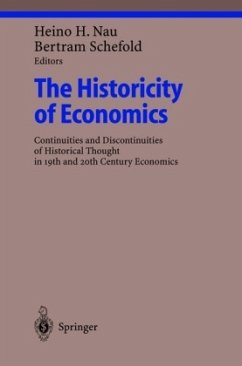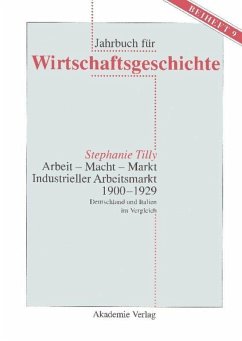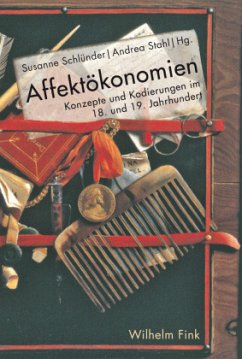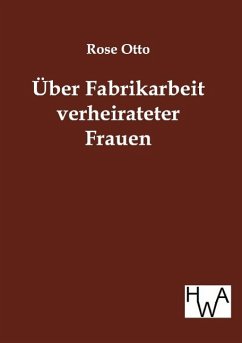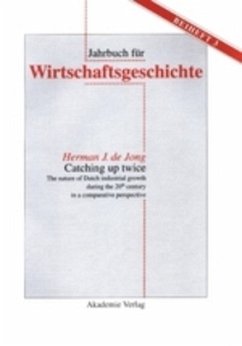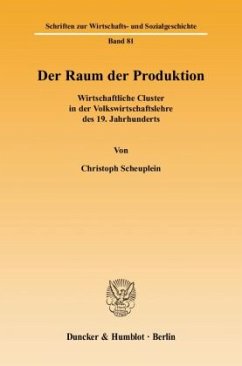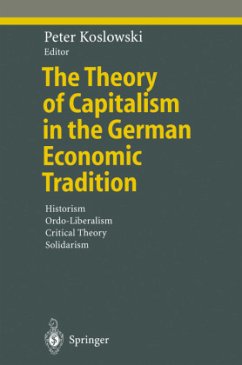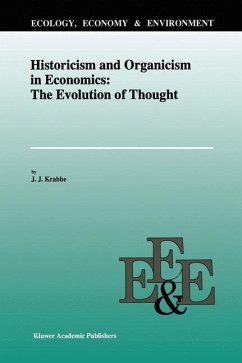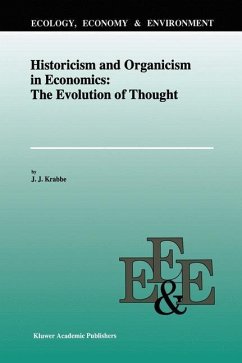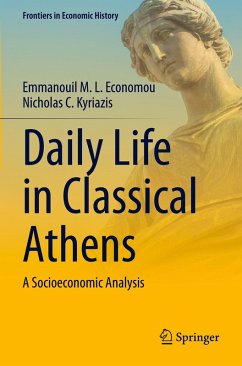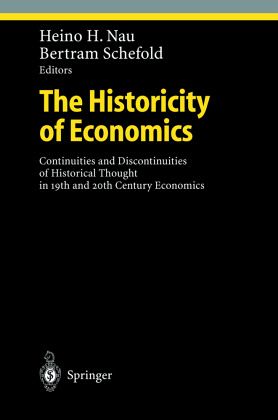
The Historicity of Economics
Continuities and Discontinuities of Historical Thought in 19th and 20th Century Economics
Mitarbeit: Nau, Heino H.; Schefold, Bertram
Versandkostenfrei!
Versandfertig in 1-2 Wochen
77,99 €
inkl. MwSt.

PAYBACK Punkte
39 °P sammeln!
In this volume, continuities and discontinuities between Historical School of Economics and Old Institutional Economics are examined with regard to common research objectives and methods. Similarly, those between these two economic movements and New Institutional Economics as well as new economic sociology are discussed. The following questions functioned as a guideline for the contributing economists, sociologists, historians, and philosophers: Can we meaningfully speak of the Historical School of Economics (HSE) as an economic research program? What are the commonalities between the HSE and ...
In this volume, continuities and discontinuities between Historical School of Economics and Old Institutional Economics are examined with regard to common research objectives and methods. Similarly, those between these two economic movements and New Institutional Economics as well as new economic sociology are discussed. The following questions functioned as a guideline for the contributing economists, sociologists, historians, and philosophers: Can we meaningfully speak of the Historical School of Economics (HSE) as an economic research program? What are the commonalities between the HSE and American old economic institutionalism? Does the HSE represent a part of the "lost anteroom" of New Institutional Economics and new economic sociology? How and why should the HSE matter to how we do economic and social theory today?





